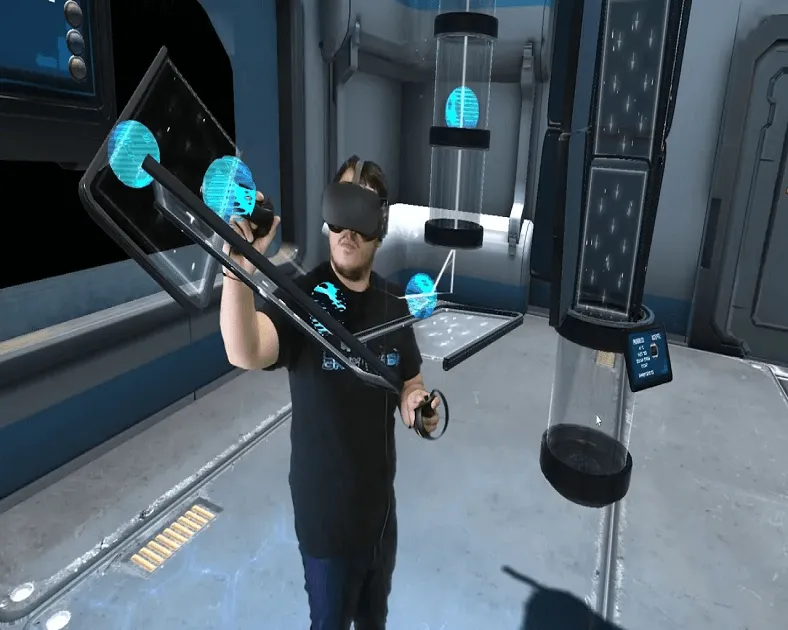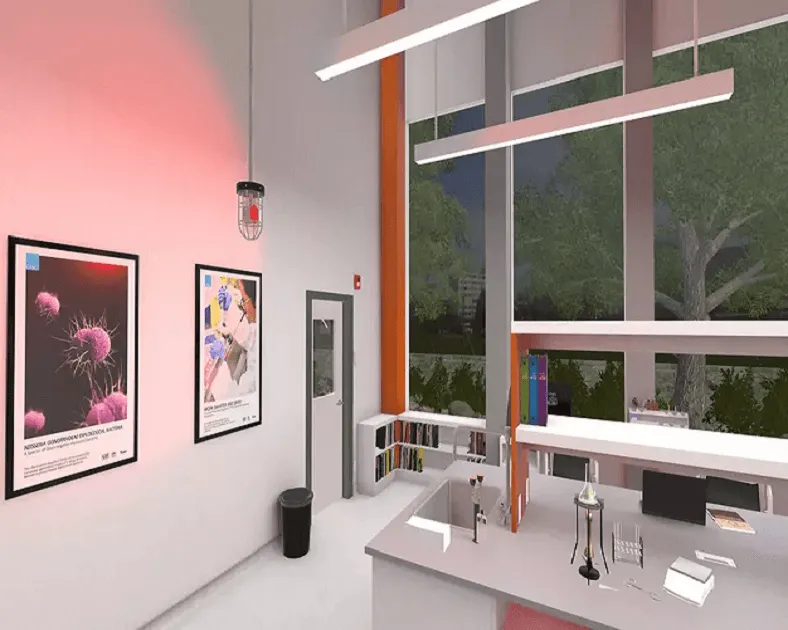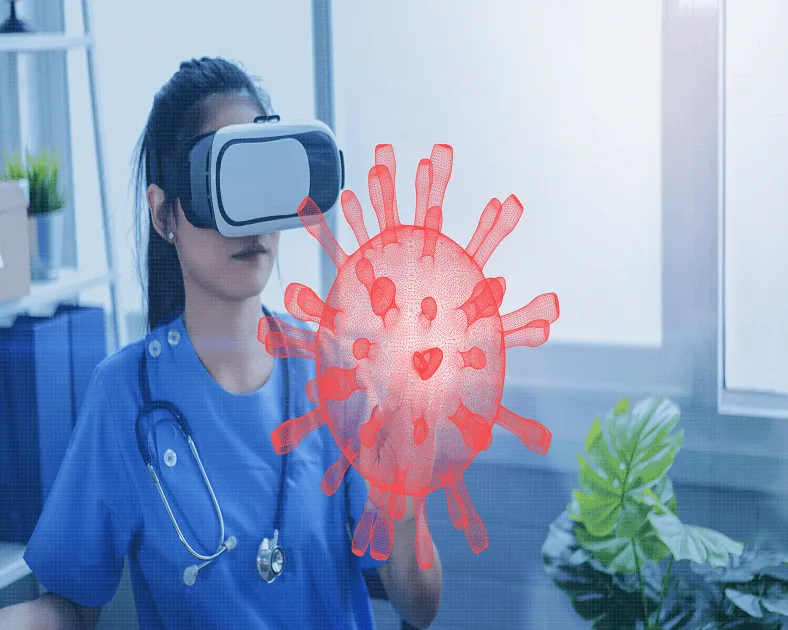Virtual Reality in Electricity Lab
Virtual Reality / Education
Electrical engineering is a complex field that requires both theoretical knowledge and practical skills. Traditional teaching methods, such as lectures and textbook learning, often fall short in providing students with the hands-on experience necessary to understand electrical concepts fully. Enter Virtual Reality (VR), a revolutionary tool that is transforming how electrical concepts are taught and practiced in labs. This blog explores how VR is enhancing electricity lab experiences, making learning more engaging and effective.
The Benefits of Virtual Reality in Electricity Lab
- Interactive Learning
VR allows students to manipulate virtual equipment, wires, and components. This hands-on interaction enhances understanding and retention of concepts that might be challenging to grasp through theoretical study alone.
- Safe Experimentation
In an electricity lab, safety is paramount. VR eliminates risks associated with high voltages and live circuits, allowing students to conduct experiments without the fear of accidents or injuries.
- Visualizing Complex Concepts
Electrical engineering involves many abstract concepts. VR enables students to visualize circuits, current flow, and electromagnetic fields, making these concepts more tangible and easier to understand.
- Real-Time Feedback
Many VR platforms provide instant feedback on student actions, helping them learn from mistakes and adjust their approach immediately. This feature is invaluable for mastering complex electrical principles.
Real-World Applications
As technology continues to advance, the future of VR in electricity labs looks promising. We can expect to see more sophisticated simulations, gamified learning experiences, and better integration with other educational technologies. This evolution will further enhance the way students engage with electrical engineering concepts.
Conclusion
Virtual Reality is changing the landscape of education in electrical engineering and electricity labs. By providing immersive, interactive experiences, VR enables students to tackle complex electrical concepts with confidence and skill. As this technology evolves, it promises to play a crucial role in developing the next generation of electrical engineers, ensuring they are well-prepared to meet the challenges of the future.
Call us
Have you experienced VR in an electricity lab or any other educational setting? Share your thoughts and experiences in the comments below! Stay tuned for more insights into how technology is transforming education in engineering and other fields.
Explore More Projects
We welcome your questions, do not hesitate to contact us
- Create virtual reality and augmented reality experiences at the best prices
- Equipping engineering laboratories with the best equipment
- Virtual tours with 360° technology and also feature that you can see them through just one link
- Create virtual reality and augmented reality experiences at the best prices
- Equipping engineering laboratories with the best equipment
-
Virtual tours with 360° technology and also feature that you can see
them through just one link



